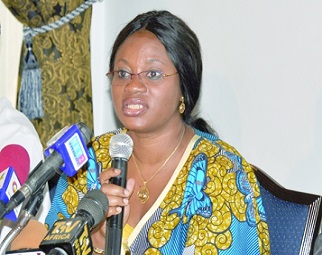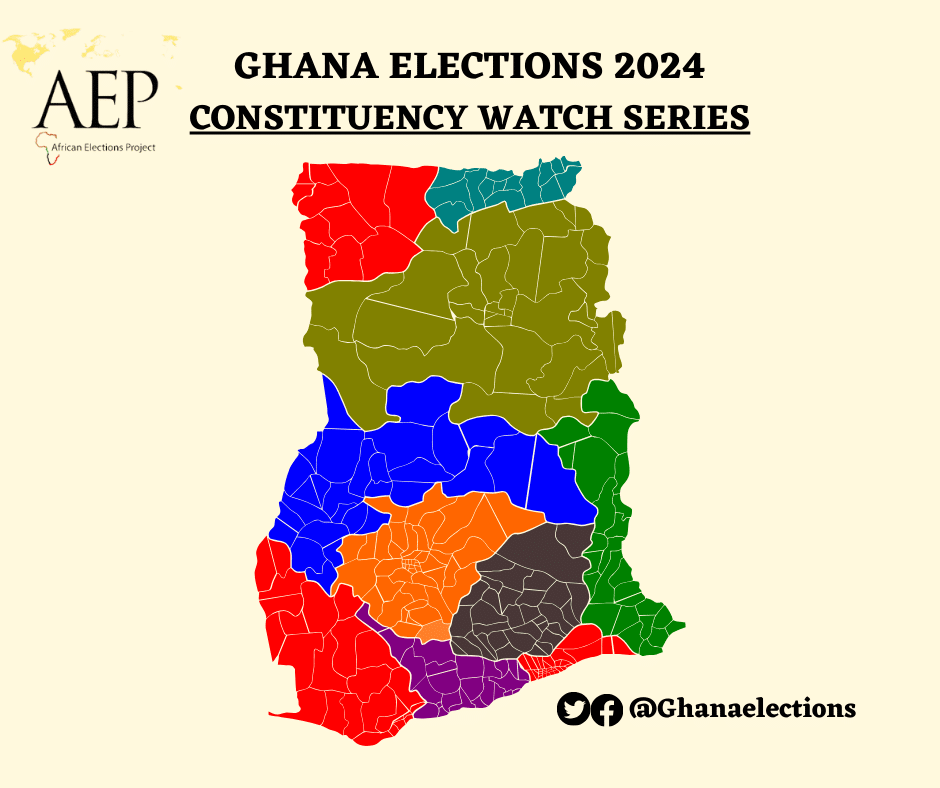By: Kwami Ahiabenu II
Election is undoubtedly on the mind of almost every Ghanaian as we usher in 2016. Apart from being the bedrock of our ‘progressive’ democracy, elections provide the power and means for the general populace to elect their leaders both at the presidential and parliamentary levels and provide the opportunity for the ordinary citizen to hold political leaders in check and accountable.
The electoral processes involved in the lead up to and the main elections should be a home run at this point in Ghana’s history. After all, per Huntington’s two-turnover test,
Ghana has achieved democratic consolidation and all political actors seem to be willing to play by democratic rules.
However, the 2016 election promises to test how deep Ghana’s supposed consolidated democracy is. With this promise comes the usage of new digital technologies and the possibility of it impacting the election in both negative and positive ways. The election management body, in our case the Electoral Commission (EC), over time, has relied on technology to deliver better elections. In recent times, they have introduced biometric system for voter registration (BVR) and verification, a system for transmission of voter results to their head office for collation using electronic means among others.
However, with the challenges the EC encountered during the introduction of the BVR during the 2012 elections, the key question is whether the EC of Ghana is able to do e-voting?
E-voting
Electronic voting (e-voting), which has proven to be cost saving, increases participation and voter turnout. E-voting can be defined as using electronic means to record or count votes during voting process. It can take two forms, either at a physical centre supervised by electoral officials using electronic voting machines or through the Internet where the voter does not need to be at a polling station but transmits securely his or her secret vote electronically.
By relying on technology instead of paper ballot and ink, the cost of voting is significantly reduced, however, security concerns, possible electoral fraud and, in our case, the lack of cheap, reliable and a stable Internet connection are key challenges of e-voting.
There are not too many countries in the world, who are currently using e-voting in its totality. Estonia is the only country in the world that relies on Internet voting for legally binding national elections with up to 25 per cent of voters casting their ballots online without going to any polling centre. What makes the implementation of e-voting in Ghana for the 2016 elections far-fetched is the lack of time and unavailability of the resources needed to roll-out such a project.
Also, it will be impossible if not suicidal to consider introducing e-voting in an election year, since there will be no opportunities to test the system and sort out any bugs. E-voting may happen in Ghana, but perhaps not in the near future.
E-voting and media
The media’s role in elections is very critical to ensuring credible elections. Added to that is the lowering costs of digital technologies and widespread usage of mobile phones, providing the media with a thousand and one opportunities for the coverage and spread of information on the elections.
One thing is clear from this: a lot of media houses are going to be rushing to announce both provisional and final results. Technologies which allow them to collate and hopefully predict the outcome of the elections is going to be popular among a lot of media houses for Ghana’s 2016 elections.
Elections generate a lot of data, including results, which provide a great data-driven storytelling opportunities for newsrooms in Ghana. In previous elections, the media did not take advantage of this opportunity, it is expected that this year’s elections will see more compelling stories using data-driven approach during the coverage of this elections.
E-voting and CSOs
Civil society organisations (CSOs) are also expected to make use of new digital technologies as they play an effective oversight role during the upcoming 2016 elections. One area of their work during elections is undertaking observations, and technology is expected to aid them in this activity.
Also, another valuable tool civil society organisations make use of during observations is the Parallel Vote Tabulation (PVT) which is the process of independently verifying results during vote tabulation. The use of mobile phones, data collation and processing software and other technologies will enable them undertake this activity seamlessly.
Social media is going to be the king of Ghana’s 2016 elections, it will not only allow citizens to partake effectively in the electoral process, but it will come with the baggage of misinformation, rumour mongering, and creating fear and panic. However, it also provides the opportunity for security agencies to monitor and harness various citizen reports
on the election to feed their early warning systems to prevent potential violent incidents.
The power of social media, including the popular messaging application, Whatsapp, is manifested in its ability to transmit information very fast without any gate-keeping, therefore the good, bad and ugly get diffused in profound efficient manner.
In conclusion, each election in Ghana record significant improvement in the process, with new digital technologies playing its part. Due to advancement and significant uptake of new digital technologies, especially mobile telephony, Ghana’s 2016 election is not going to be business as usual, since innovations and changes are expected to sweep the electoral process come voting day.
***
The writer is the Executive Director of Penplusbytes.org
Credit: Graphic






